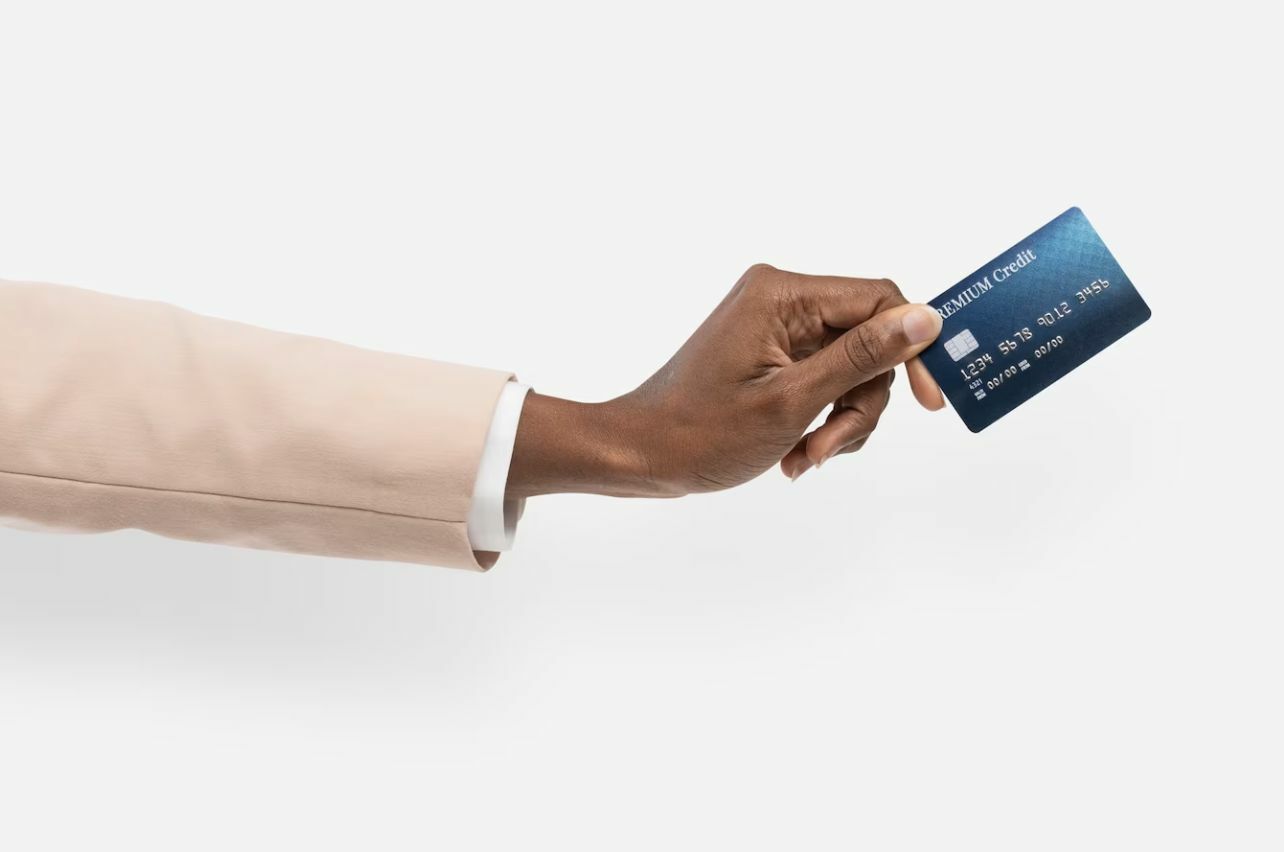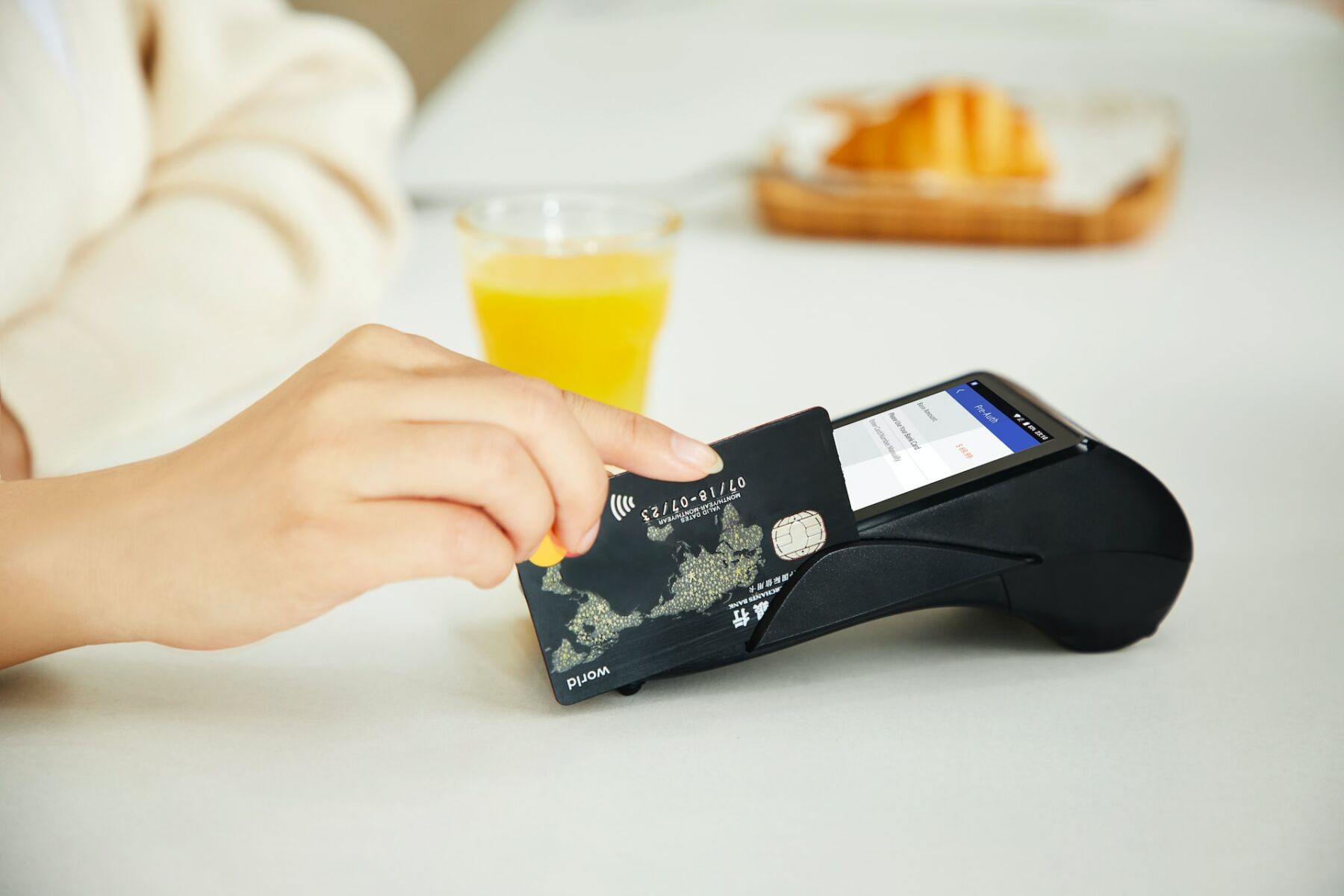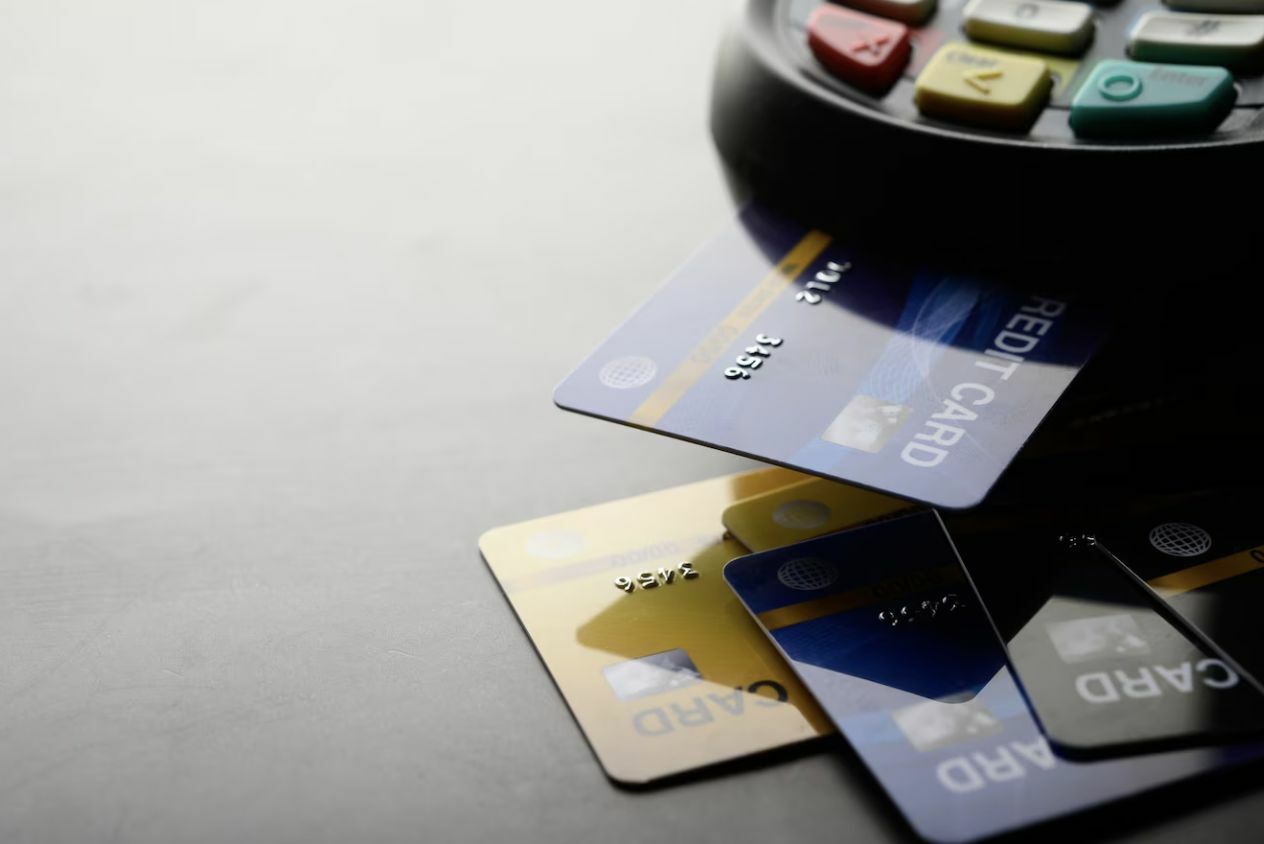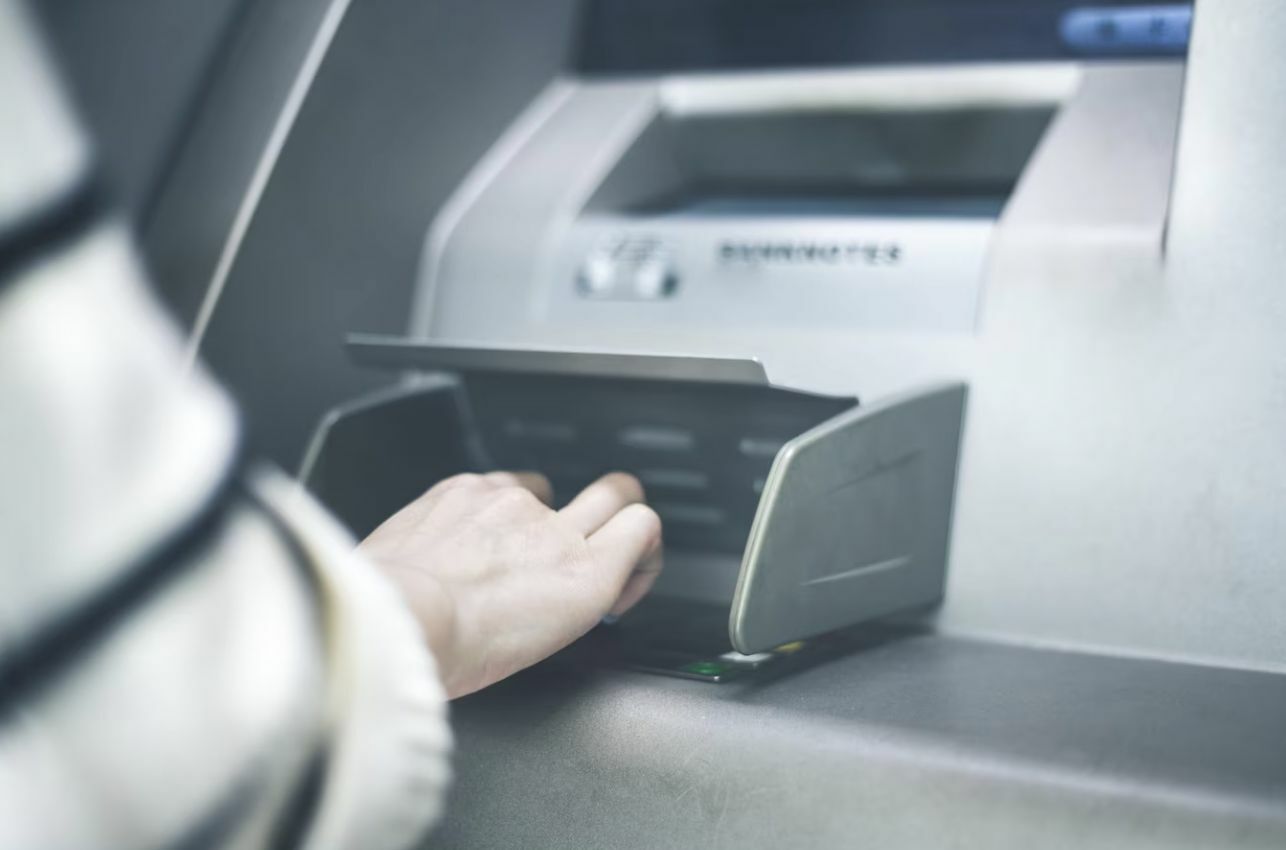How to secure credit cards in Thailand for foreigners: A comprehensive guide

Living in Thailand without a credit card is certainly feasible, given the multiple payment options for goods and services available in the country. But, getting a local credit card does make life a lot easier. In addition to cutting down on foreign exchange fees, having a local credit card can simplify the tedious task of paying bills, allowing you to set up automatic deductions. But can a foreigner get a credit card in Thailand and, if so, how do you go about it? Keep reading to find out!
How can foreigners apply for a credit card in Thailand?
Securing a credit card as a foreigner in Thailand can be tricky, but it’s not impossible. The requirements and process are, of course, different from locals.
Requirements

Here are the main things you need to prepare:
1. Necessary documents
To apply, you need a work permit and proof of income like salary slips. Usually, your work permit should still be valid for six more months. You also need to show three months’ worth of salary slips. Along with these, you’ll need to give a copy of your passport and visa.
2. Income requirements
Most of the time, foreigners have to earn more than Thais to get the same type of credit card. For example, for a Citibank card, a foreigner needs to earn 80,000 THB per month, but a Thai only needs to earn 30,000 THB. Also, to get UOB’s PRIVI MILES Card, a foreigner needs to earn at least 120,000 THB per month, while a Thai person only has to earn 70,000 THB. This rule applies to most banks.
Keep in mind that income is a significant factor in credit card applications. Banks will usually suggest or provide a card type based on your salary.
3. Others
Some banks may have maximum age for credit card applicants. Moreover, if you run a company, you’ll have to give more documents, like company papers. You may also need to show an employment and income history of up to three years.
You may still be able to get a credit card if you don’t have a work permit. However, you’ll need to make a deposit – usually 100,000 to 200,000 THB – in a fixed-term account with the bank.
Application process

Applying for a credit card in Thailand as a foreigner is actually a simple process. Banks like Bangkok Bank and Kasikorn Bank ease the process by providing online forms. Once you fill in your details, wit for a call from a staff member to confirm your eligibility. After they confirm your eligibility, some banks may invite you to visit a local branch. In certain cases, the bank might even arrange for an employee to collect the required documents from your home, adding another level of convenience to the process.
Although applying in-person at a local branch is possible, it’s not always the smoothest route. Branches may not be entirely familiar with the requirements for foreign applicants, potentially stretching the process.
Keep in mind that while the process may be straightforward, it could take a few months before you finally get a credit card.
Which bank offers credit cards for foreigners in Thailand?

When it comes to applying for a credit card as a foreigner, Thailand has several banks known for their friendly service to expats. These include:
- Bangkok Bank
- Kasikorn Bank (KBank)
- Siam Commercial Bank (SCB)
- UOB
- KrungSri
Bangkok Bank and Kasikorn Bank are often the top choice among expats. Both have proven to be accommodating for account opening and credit card applications for foreigners.
What are the fees?

Getting a credit card in Thailand comes with its own set of fees. A common charge is the yearly fee for maintaining the card, which ranges between 2,000 and over 10,000 THB. The fee often depends on the benefits offered by the card.
For example, cards like KBank Passion and UOB PRIVI MILES charge an annual fee of 4,000 THB. Notably, the UOB PRIVI MILES card waives the fee for the first year and starts charging from the second year onwards. Similar first-year exemptions are also quite typical for many Thai credit cards.
When considering the feasibility of a credit card, it’s crucial to weigh the benefits against the cost. This evaluation will help determine if the perks of the card justify the annual fee.
How can you pay off your credit card in Thailand?

There are several convenient ways to pay off your credit card in Thailand. Most banks in the country have their own banking app. You can use these apps to view your transactions and pay off your card easily. Keep in mind that the user-friendliness of the banking apps varies. Some bank apps are very easy to use, others can sometimes encounter issues and requires OTP verification to log in, which is worth noting if you plan to use the card while travelling overseas.
If you prefer not to use a banking app, you also have the option to make payments at your credit card’s issuing bank’s ATM or pay in person at a bank branch.
The simpler option is to set up automatic payments. In this case, the bank will deduct your credit card balance from your bank account each month.
How much are the foreign transaction surcharges?

Owning a Thai credit card means dealing with foreign transaction surcharges when you use the card abroad. These charges can quickly offset any benefits, like miles or discounts you might have earned.
Usually, these surcharges fall around the 2% mark. Some cards go as low as 1%, but it could also reach up to 2.5%. It’s crucial to keep this in mind, as these added fees can inflate your expenses when shopping abroad or online with foreign currency.
For instance, a 1,000 USD hotel booking could result in a 25 USD surcharge fee! Therefore, using a credit card from your home country might be more cost-effective for international transactions.
But, remember to flip the script when in Thailand. When making purchases in Baht, your Thai credit card should be your go-to, unless you have a card from your home country with favourable rates.
We hope you found this guide helpful! Remember, it might take some time, but getting a credit card in Thailand is more than possible.
Latest Thailand News
Follow The Thaiger on Google News:


























